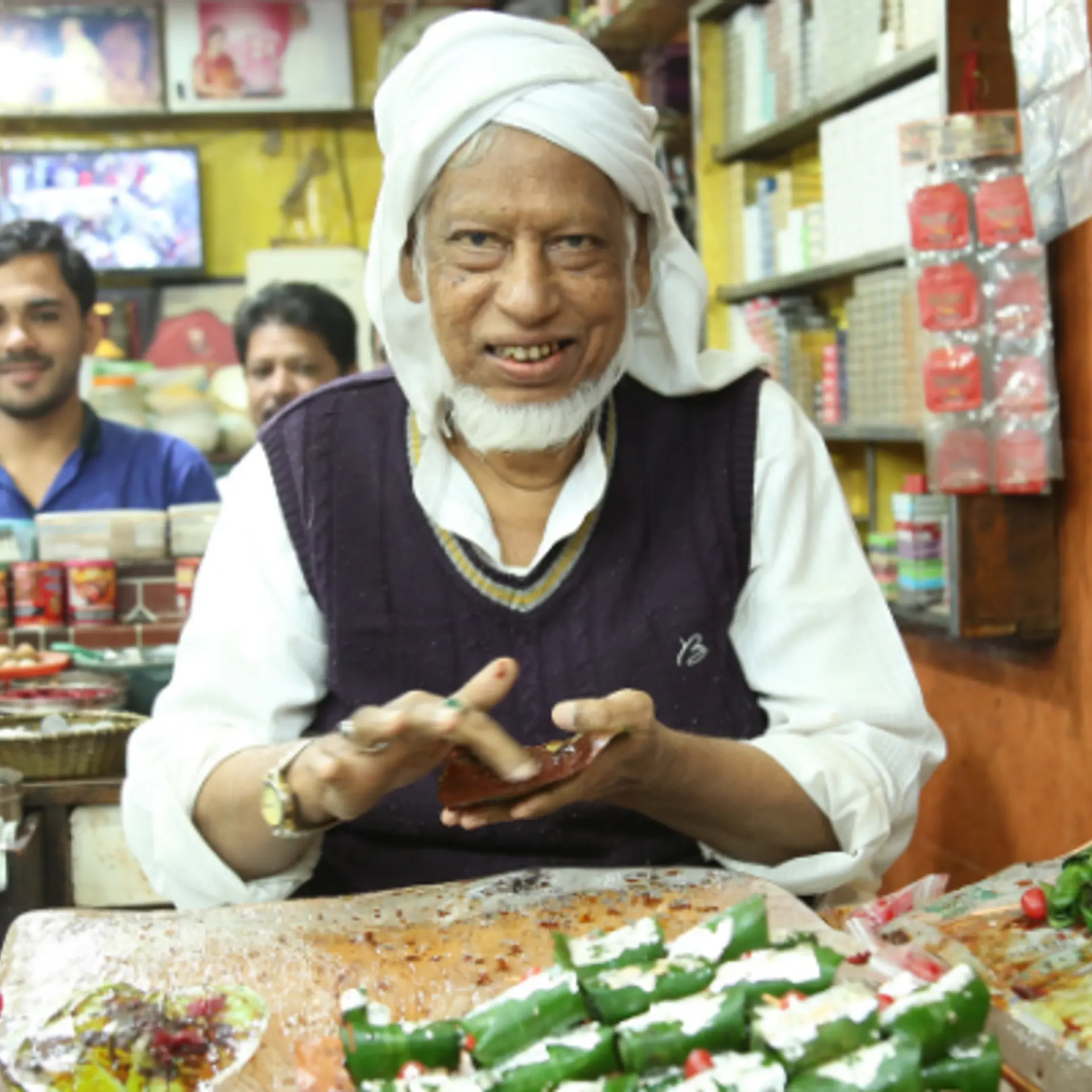Started with Rs 6 lakh, this pharma retailer is clocking an annual turnover of Rs 20 Cr
Sanjivani was started in 2006 by Mayank Garg with a single store. The pharma retailing company now has over 72 standalone pharmacies across India and is betting on an omnichannel strategy.
COVID-19 has triggered a new race among pharmaceutical companies across the world: a vaccine breakthrough. But amidst that focus and the pandemic, there has been no letup in the growth of India’s pharma industry.
An IBEF report says India, the largest provider of generic drugs globally, supplies over 50 percent of global demand for various vaccines. Pharmaceuticals exports from India stood at $20.70 billion in FY20, and the sector is expected to grow to $100 billion by 2025.
Reason enough for the proliferation of pharma chains and companies in the last couple of decades.
Mayank Garg founded Delhi-based pharma retailing company Sanjivani in 2006.
He says pharmaceuticals as a segment will never face stagnation because “people are always looking for solutions to improve their physical and mental health”.
Contrary to perception, he says COVID-19 has boosted the pharma sector and “growth opportunities seem to be umpteen”.
Sanjivani started with one store in Mehrauli, located between Delhi and Gurugram, in 2006. Using the offline and franchising models, the company today has more than 72 pharmacies across the country, offering 12,000 stock keeping units (SKUs). The company clocks an annual turnover of Rs 20 crore.
The company is backed by parent company NB Marketing Pvt Ltd.
How it all started
Mayank started his journey by joining his family business of distributing sanitaryware products. In the years leading up to 2006, he saw certain gaps in the Indian pharma sector whenever he used to go to buy medicines for his grandparents.
“I realised that although this industry was better organised than others, a seamless experience for customers was missing.” Mayank observed that most pharmacies were not up to the mark and salesmen were “lazy” and not agile enough.
He decided to launch his first store with an initial investment of Rs 6 lakh and a desire to change status quo.
The pharmacy in Mehrauli was organised, computerised, and air-conditioned. He says digital accounting for all transactions, even the smallest ones, became the company’s USP. Not only did this help in making operations seamless, it also eased inventory management and helped control shoplifting among other things.
Another challenge that Sanjivani pharmacies had to tackle in the earlier years was people’s perception: they believed that since the store looked upmarket, medicines would be priced higher.
“Initially, very few customers would come to us. However, from five customers a day, we have reached 50,000 customers a day,” he says.
Mayank says one of the reasons why Sanjivani gained prominence in local markets initially was because these pharmacies were open 24X7.
The trend continues even today. “We don’t close our shops on Sundays. We serve customers whenever they need medicine.”
The company is not into manufacturing, but is a service provider. Mayank says they don’t plan to get into manufacturing medicines or drugs, and have “tied up with vendors across the country for supply of medicines”.

Image Source: ShutterStock
Building on the franchising and offline model
In the last couple of years, several online models have emerged in the Indian ecosystem. Startups such as Netmeds, 1mg, and other online pharmacies are among them.
Mayank says he doesn’t understand the online model and finds it too expensive. “For an order worth Rs 100, online pharmacies are paying Rs 300,” he says, adding that an online-only model is not profitable at all.
He believes that no brand can survive in today's world without a sound online and offline business model. Over the years, Sanjivani has adopted the franchising model to establish a sound offline business.
The company operates 70 franchisee stores across India. “All organised players lack ownership at the store level. The franchising model helps us in providing business opportunities to entrepreneurs.”
Maximum customers are from Delhi-NCR and Kolkata.
Mayank says the company plans to launch a mobile app to connect local customers to stores, which can deliver medicines. He adds that the app will connect three points: the main system that records all transactions, the local stores, and customers. This network will ensure that medicines are delivered to customers in 30 minutes.
“We plan to launch the app by Diwali. We also want to expand our franchising model by signing up more franchise stores by the year end,” Mayank says.
The business has already signed up with 50 franchise stores, and plans to add 150 more to its kitty.
Edited by Teja Lele









